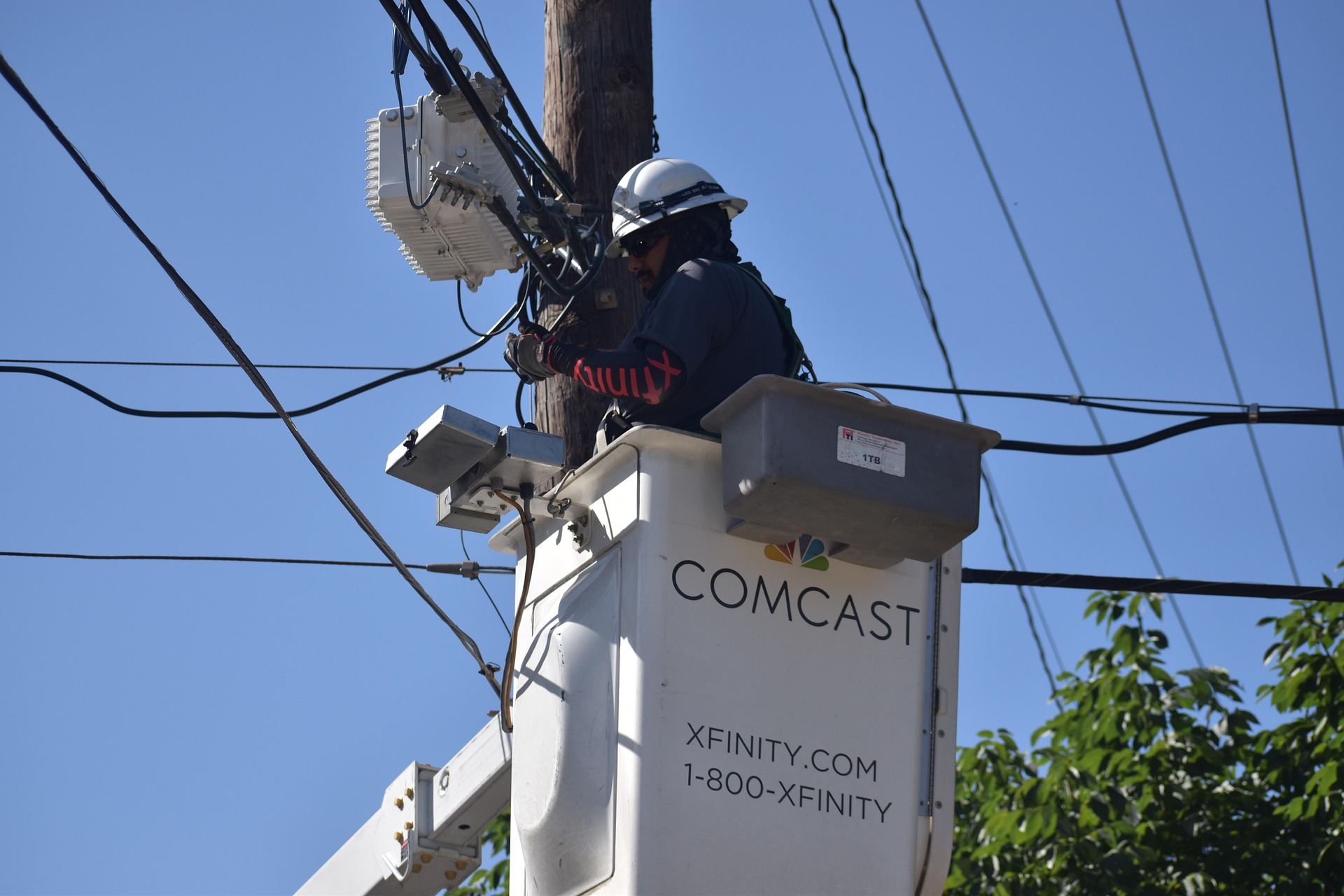Electrical safety is a critical aspect of workplace safety that is often overlooked until it’s too late. Electrical hazards can be present in any workplace, and the consequences of electrical accidents can be devastating. In this article, we’ll explore the importance of electrical safety in the workplace and provide tips on how to prevent electrical accidents.
Why Electrical Safety Matters
Electrical safety is essential in the workplace because electrical accidents can result in serious injuries, fatalities, and property damage. Electrical shock, electrocution, and electrical fires can occur when electrical systems, equipment, or tools are not properly installed, maintained, or used. The consequences of electrical accidents can be severe, including:
- Injuries and fatalities
- Property damage and equipment destruction
- Downtime and lost productivity
- Increased insurance costs and liability
- Damage to reputation and business operations
Common Electrical Hazards in the Workplace
Some common electrical hazards in the workplace include:
- Faulty or damaged electrical equipment
- Overloaded circuits and electrical panels
- Poorly maintained electrical systems
- Inadequate grounding and bonding
- Improper use of electrical tools and equipment
- Lack of electrical safety training and procedures
Tips for Preventing Electrical Accidents
To prevent electrical accidents in the workplace, follow these tips:
- Regularly inspect electrical equipment and systems: Identify and address any damage, wear, or malfunctioning equipment.
- Ensure proper installation and maintenance: Electrical systems and equipment should be installed and maintained by qualified professionals.
- Use personal protective equipment (PPE): Wear PPE, such as hard hats, safety glasses, and gloves, when working with electrical systems or equipment.
- Follow electrical safety procedures: Develop and follow procedures for working with electrical systems and equipment, including lockout/tagout procedures.
- Provide electrical safety training: Train employees on electrical safety procedures and protocols.
Best Practices for Electrical Safety
To ensure electrical safety in the workplace, consider the following best practices:
- Develop an electrical safety plan: Identify electrical hazards and develop a plan to mitigate them.
- Conduct regular electrical safety audits: Identify potential electrical hazards and address them promptly.
- Use electrical safety equipment: Use equipment such as ground fault circuit interrupters (GFCIs) and arc fault circuit interrupters (AFCIs) to prevent electrical shock and electrical fires.
- Label electrical equipment and systems: Clearly label electrical equipment and systems to ensure employees understand their purpose and potential hazards.
Conclusion
Electrical safety is a critical aspect of workplace safety that requires attention and action. By understanding the importance of electrical safety, identifying common electrical hazards, and following tips and best practices for preventing electrical accidents, workplaces can reduce the risk of electrical accidents and ensure a safe working environment. If you’re looking for a reliable partner to help with your electrical safety needs, consider Tadoben Electrical Engineering Company. Our team of experienced engineers and technicians is dedicated to providing high-quality electrical safety services that meet the unique needs of your workplace.
Get in Touch
If you have any questions or would like to learn more about our electrical safety services, please don’t hesitate to contact us. We’re here to help you create a safe working environment and prevent electrical accidents.

